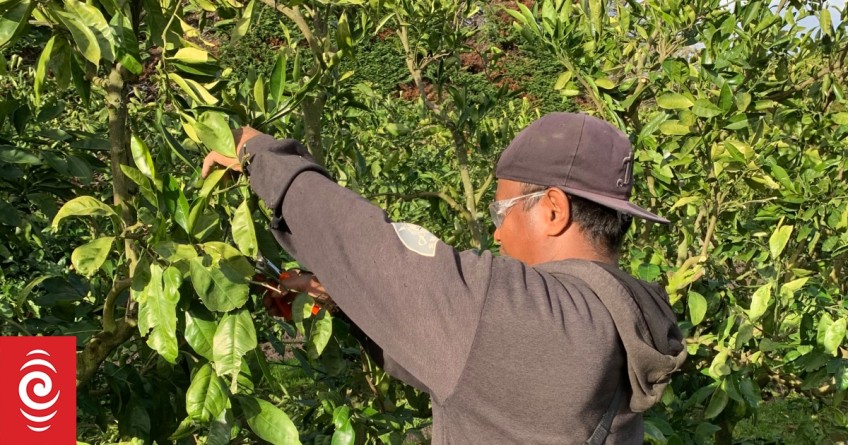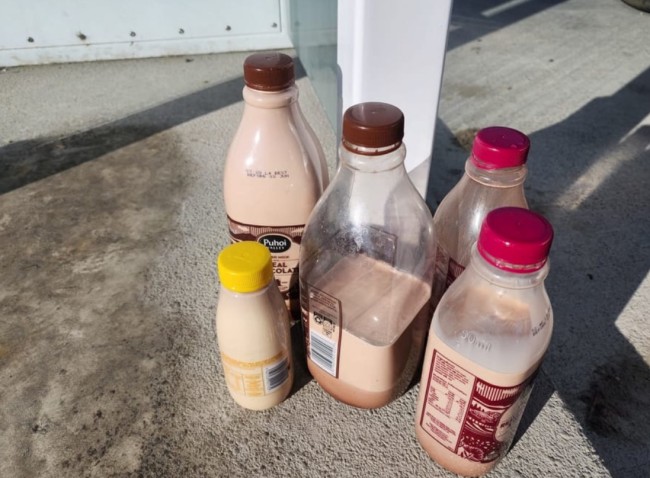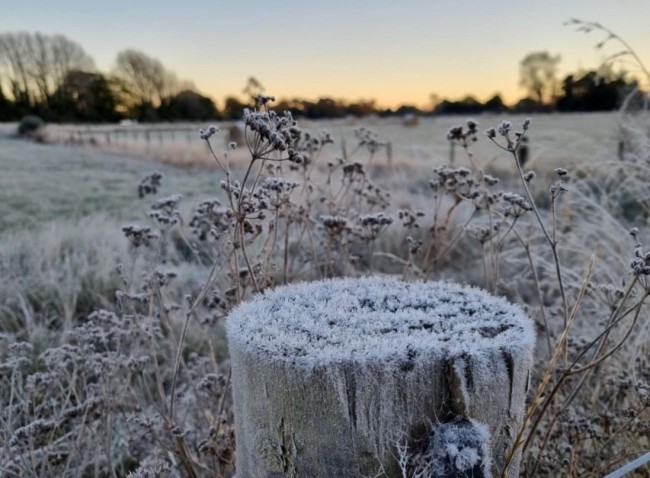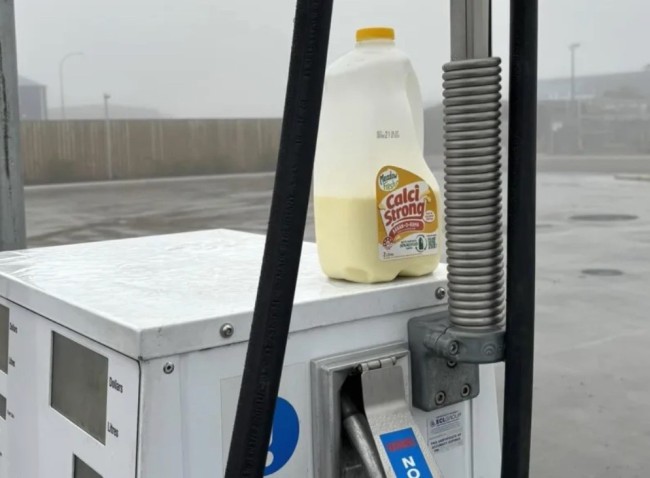
New National Party policy will double RSE workers
Some of the National Party's new farming policies have been welcomed, while there is confusion around others.
On Wednesday, National released its Getting Back to Farming package with 19 policy changes aimed at cutting red-tape.
One was to double the annual Recognised Seasonal Employer (RSE) worker cap to 38,000. The party also hoped to create a path to residency through the Accredited Employer Work Visa.
Nelson orchardist Dennis Cassidy was not sure if doubling the number was needed, but conceded RSE workers were the only way his orchard could make ends meet. That was despite the cost of the airfare for the workers being footed by the employer.
"I think we need more RSE [workers], I can't say whether it's double.
"I had a gang of people last year, six people, Kiwis all of them. They were only picking eight bins... at over $200 an apple bin to pick, there isn't anything left for me."
Cassidy said firing Kiwis for lack of production was a seasonal occurrence, claiming most turned away from hard work in favour of a benefit.
However, it left Cassidy with half an orchard to pick and no workers to pick it.
He said in one instance, a neighbouring orchard lent him their RSE workers for one day - and the job was done.
"They started picking at 8am and by 3pm they had filled the 24 bins, and we did 32 bins between four people in one day."
Cassidy said RSE workers earn around $350 to $400 a day due to the number of bins they are filling, plus their holiday pay.
"Our guys can't even get to $200 worth of fruit in a day. Now, there is the telling difference."
Federated Farmers national president Andrew Hoggard said overall, National's policy list looked good - but he said some were confusing.
National announced it would ban foreign investors buying farms to convert them to carbon forestry. But Hoggard said that was already in place - as foreign investors who buy land to plant trees must harvest them.
He said National would be better ensuring settings under the Emissions Trading Scheme were correct.
"In terms of the amount you can offset through forestry - because we think for all forestry, there is big incentive in place through the ETS to turn more and more hill country farms into forestry, not based simply on the value of the wood."
Hoggard's favourite policy was the no duplication rule - meaning the government cannot ask farmers for the same information twice.
He believed most farmers would be happy to see the policies adopted and if all parties did so, there would only be weather to complain about.
However, Hoggard did not believe the policies would ensure a National vote from farmers.
"The rural vote just isn't on policy, there's a lot of other things. We are all taxpayers, we're all residents of the country, we're all parents.
Hoggard said he would be most concerned about what party would do the best for the economy.
"Right now, the inflationary pressure is having a huge impact on the margins on farm."
National has also made some changes to winter grazing rules - it would defer the need for consents until freshwater farm plans are finalised and it would scrap nationwide low slope maps, replacing them with catchment level rules consistent with local conditions.
Southland sheep and beef farmer Dean Rabbage, said those changes were refreshing and follow common sense.
"It's really positive to see the phrase risk and outcome based decisions. It's basically what we have been asking for, or what we have been doing for the last 10 years anyway.
"It's just getting it back to basics, avoiding costs and getting away from red tape."
This was the first year farmers had to get a consent for winter grazing if certain criteria were not met, but Rabbage said most farmers in Southland have not bothered.
"The vast majority of farmers are already doing everything best-practice and doing a fantastic job, going back to outcomes and risk.
"Getting a resource consent would've achieved nothing, it wouldn't have changed the outcomes anyway, except it would've cost us between $2000 and $2500 - so that's why people haven't got consents, because it's not going to change any behaviours or any practices, because we are already doing them."
And as signalled previously National would also restart the export of live animals by sea - a ban of the practice comes into force at the end of the month.
Main image (Supplied/Charlotte Bedford): An i-Kiribati RSE worker at Matakana.

























